Your eggs aren’t expired – how to make them last (P.S. Boiling doesn’t work)
BY DBS, 17 FEB 2021
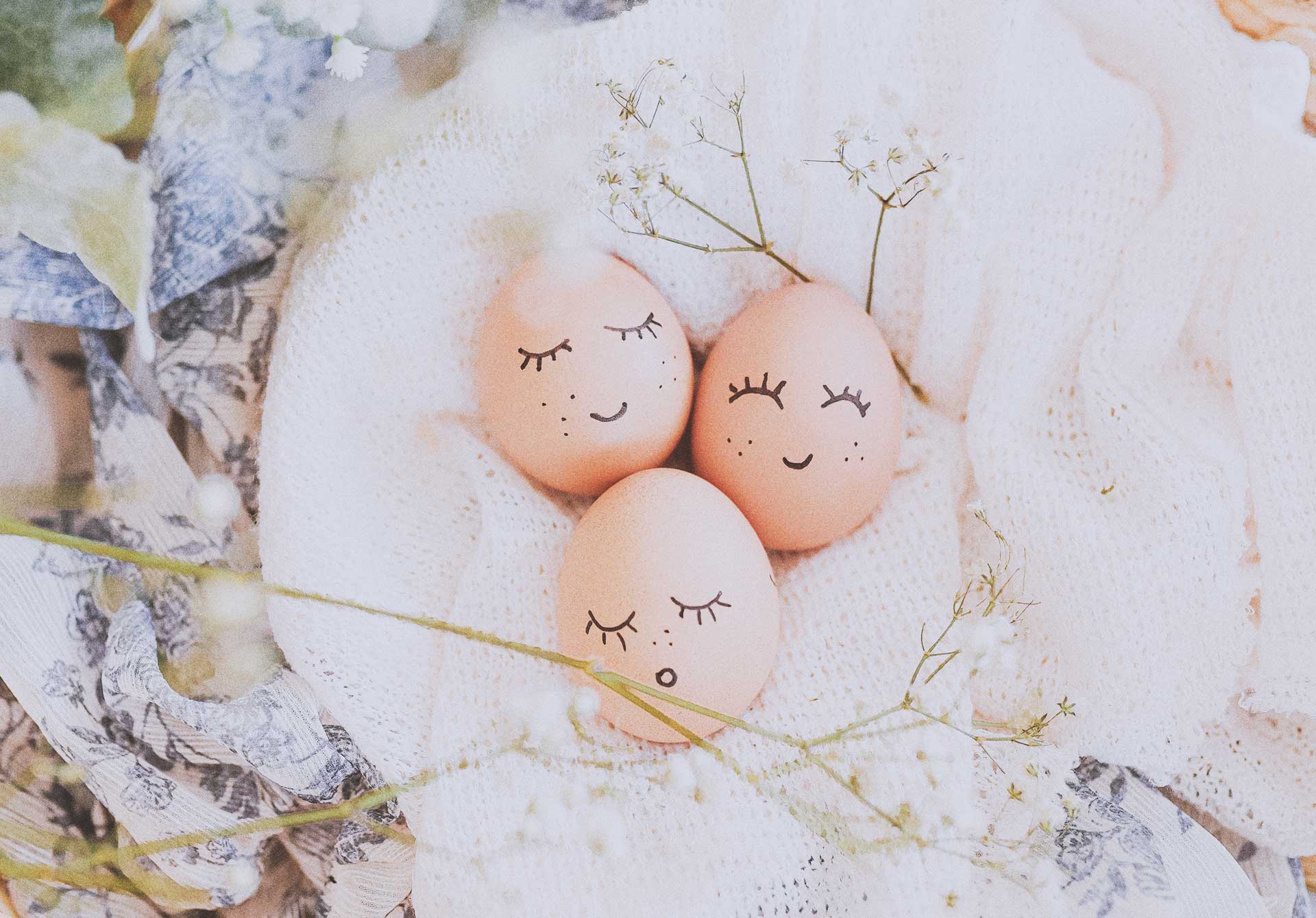
What we take home are amongst the 90% of ‘lucky’ eggs that see the light of our kitchens. Here’s how to preserve them further!
At local egg farm Chew’s Agriculture, 7,000 eggs get rejected daily because they’re soiled or dirty, as revealed in a six-part series by The Sunday Times and DBS that delved into Singapore’s growing food waste problem.
As it stands, Singapore imports more than 90% of our food. But if all goes according to plan, it won’t be that way for much longer. Singapore aims to self-produce 30% of our nutritional needs by 2030. And in order to reach this goal, AVA is ramping up on local food production. That will likely include eggs, which are one of our three strategic food items – Singapore eats about 1.97 billion of them!
Start preserving your eggs to take a simple step towards Singapore’s food security, and save yourself a couple of emergency supermarket egg runs.
But first, your eggs probably aren’t expired. Here’s what the date on the carton means.
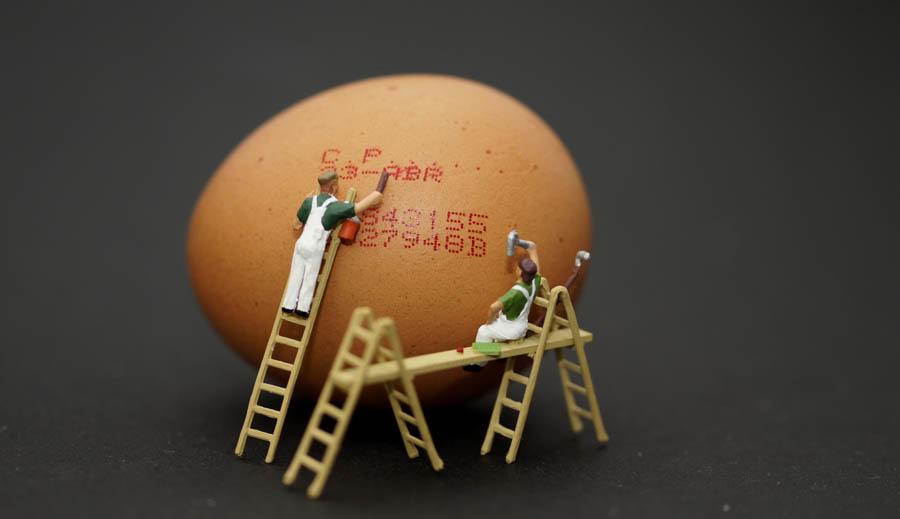
The dates that come printed on your eggs or their cartons usually function as “sell-by” or “best-before” dates. Often, they aren’t indicative of whether your eggs are spoilt. But as a general rule of thumb, make sure to start preserving your eggs before they reach the labelled date.
If you’re keeping them fresh at room temperature, they likely won’t last a day or two past the date. But preserved, you can keep eggs safe to eat for as long as a year!
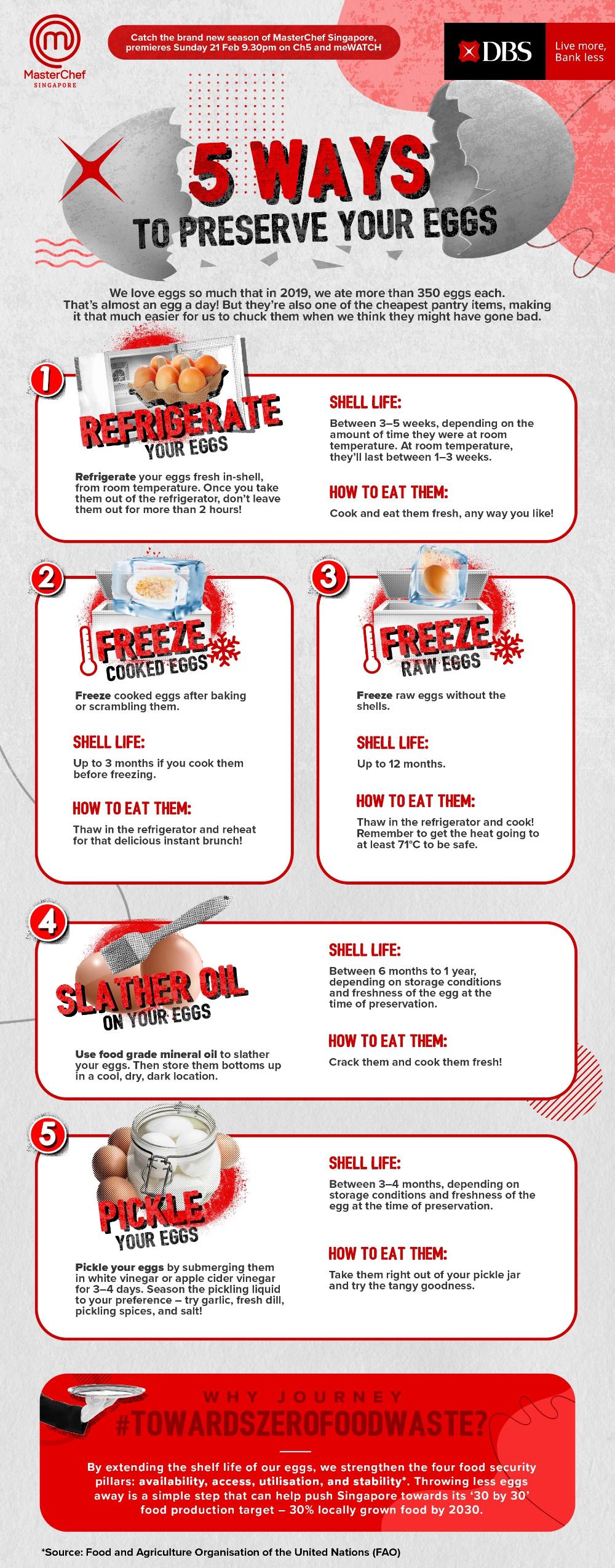
Go-to preservation: how long do refrigerated eggs last?
Eggs can sit in your fridge for anywhere between three to five weeks! To make them last longer, put them in your fridge once you get home from your grocery run. The longer you leave them at room temperature, the less they’ll last, even if chilled.
Once you take your eggs out of the fridge, you’ve got two hours before they’re at risk of developing bacteria.
If your environment is warm and the temperature is above 32°C, don’t leave them out for more than an hour.
Dropping degrees: can I freeze my eggs?
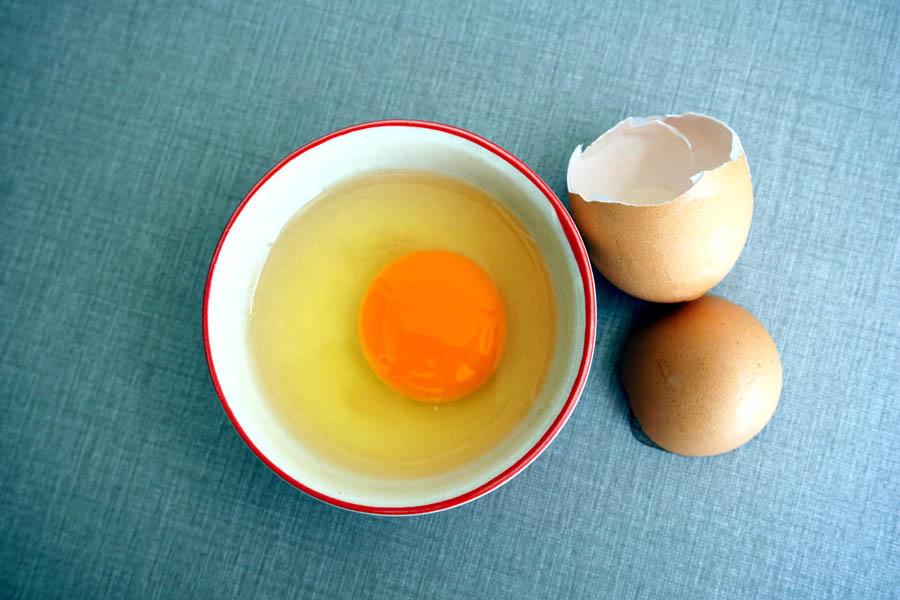
The versatility of eggs extends to their durability, so yes, you can! Cooked eggs will last up to three months in the freezer. Transfer them to the fridge overnight to thaw, then reheat them for a quick, delicious breakfast!
You can freeze cooked eggs after baking or scrambling them – just don’t boil them. Boiled egg whites become tough and inedible in the freezer.
You can also freeze raw eggs without their shells in containers or zip lock bags. They’ll last for up to 12 months in ‘hibernation’. When you’re ready to eat them, thaw them in the refrigerator, then cook them to at least 71°C – just to be safe.
Here’s a hot tip – if you’re looking to avoid freezer burn and prevent ice crystals from forming, refrigerate and cool your eggs in the fridge first, before tossing them in the freezer.
A novel effort: ever heard of mineral oil eggs?
To save yourself some freezer space, try this method for long-lasting eggs instead!
Wash and dry your fresh eggs, then lay them out on a towel. Next, hold a flashlight against the fat end of each egg. Ensure that there’s an air pocket, a floating dark circle (the yolk), and a gooey white part around the yolk. If everything’s in place, these eggs are good for some mineral oil preservation.
Glove up, then use warmed mineral oil to slather your eggs, making sure every inch is covered. You can put them right back into their carton, fat side up, and store them in a cool, dry, dark location.
You can flip your eggs about once a month to prevent the yolks from settling and sticking!
Depending on your storage conditions and the eggs’ freshness before preservation, expect your eggs to remain safe from six months to a year! When to eat them? They’re ready whenever you are.
An acquired taste: pickled eggs
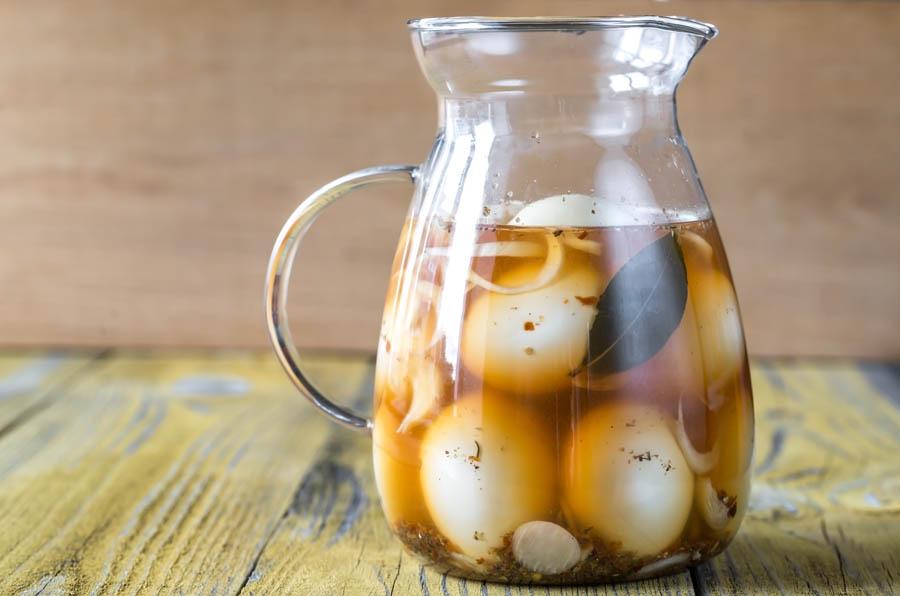
There's no food that doesn't benefit from a grandmother's flavourful touch. Pickling is the grandmother of preservation, and for good reason! Why not add some lip-smacking tanginess to your de-shelled hard-boiled eggs?
Choose your pickling 'juice' – white vinegar, or apple cider vinegar? Add three parts of your pickling juice to one part of water. And then, bring it to a simmer with your choice of seasoning spices, like garlic and dill. Add some salt and a generous amount of sugar. Once it's done cooling, transfer the liquid to a jar and submerge your de-shelled eggs in it.
Keep them for as long as three to four months. That is, if you can resist the temptation of snacking on them!
But really, what're your egg habits like?
Truth be told, we should all just buy enough fresh food to feed us while it's… fresh.
But for those of us who haven't quite gotten the knack of planning our weekly menus or find ourselves often needing emergency eggs on a whim, these preservation methods are great.
So don't be a bad egg! Preservation or not, work on your habits and become an eggspert at living a less wasteful life.
As one of the main sponsors of MasterChef Singapore Season 2, DBS shines a spotlight on how we can each reduce our food waste in the kitchen.
Learn more about how you can continue your journey #TowardsZeroFoodWaste.
Find out more about DBS’ other partnerships and initiatives #TowardsZeroFoodWaste.
Join us for tips to make your daily life more convenient, especially in ways that contribute to a more sustainable future!